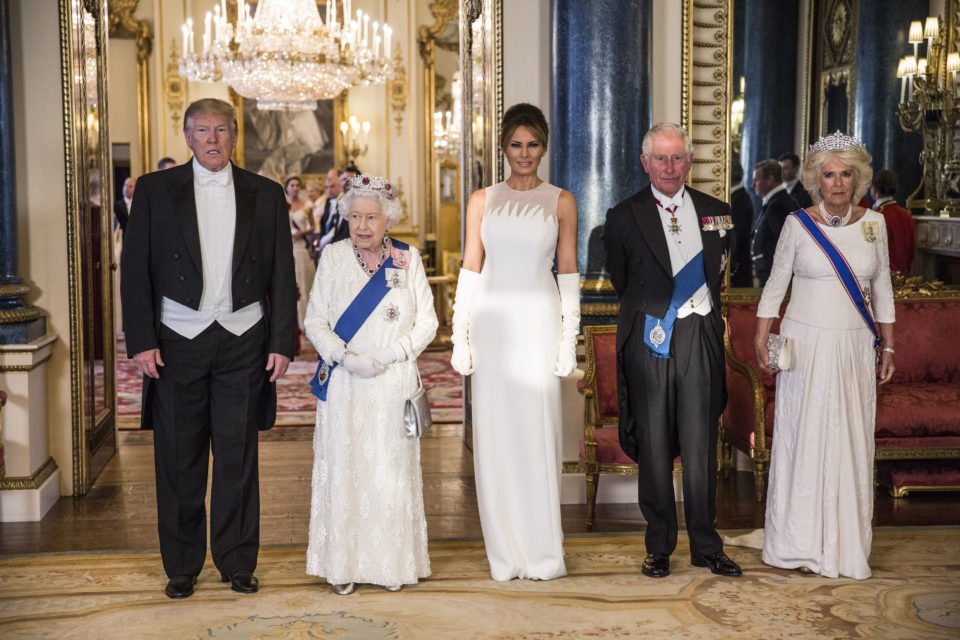Trump’s Protective Trade Policy Extends to Mexico
Though the Trump administration has been negotiating many new trade deals with trade partners such as China in order to lower its trade deficits using threats of raising tariffs on their imports, its dispute with Mexico is over illegal immigration and so is different from typical trade wars. Early last month, Trump said that he would put a 25% tariff on cars manufactured in Mexico if the border problem was not settled, but soon changed that to 25% on all Mexican products.
Last year, the United States paid $346.5 billion for Mexican imports, second only to Chinese goods. Mexico sent 80% of its exports to the U.S. market. The United States’ unexpected policy of levying high tariffs on Mexican goods is likely to hurt the chances of the United States-Mexico-Canada Agreement being ratified by the congresses of all three nations. The USMCA was negotiated and agreed upon by the three nations last year as a replacement to the North American Free Trade Agreement.
Though President Trump’s “tariff bombs,” which he says are to protect the United States’ industries, are shaking the world trade order, they are a card he employs quite often in order to stay on top in negotiations with other countries. His tariffs on Mexico can be taken as a direct hit on our manufacturers with Mexican manufacturing plants. Eleven percent of all of Kia’s production is done in Mexico. Companies like Hyundai Mobis, Hyundai Powertech, etc., also run factories there. The world’s largest manufacturers (including automobile companies) have production plants in Mexico for products to be sold in the U.S. The high tariffs will mean that they have no choice but to relocate their production plants to the United States. However, such relocation to the United States may be disruptive to the already well-established world supply chains resulting in weakened efficiency and competitiveness. Trump’s protective trade policy against Mexico requires that Korean companies reexamine the basics of their export and investment strategies.
*Editor’s note: On June 7, 2019, President Trump announced that the proposed tariffs would be indefinitely suspended, following an agreement with Mexico to increase enforcement of measures designed to curb illegal immigration.

